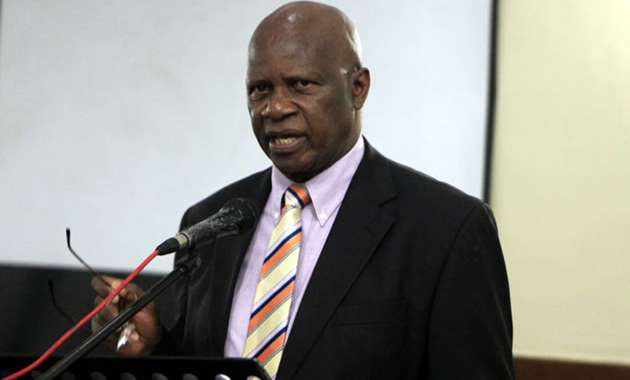Editorial Comment: Mid-Term Budget Review a welcome tonic

SOME will easily dismiss yesterday’s Mid-Year Fiscal Policy Review as a non-event. After all, we know the precarious position the economy is in; the widening current account deficit, high cost of capital, the high unemployment, the liquidity situation, inefficient production processes, lack of competitiveness due to the strength of the dollar and troubles with the external payment systems.
Fiscal space has been shrinking annually, and as a result most capital expenditure has been suspended as allocations to key sectors declined. Employment costs continue to be the main source of fiscal pressure, consuming 97 percent of revenue while the need to import maize and to service Treasury Bills have also compounded the situation.
To address fiscal sustainability in the face of consistent deficits, Finance and Economic Development Minister Patrick Chinamasa yesterday presented a bold and quite truthfully one of the bravest mid-term reviews in history.
He is aiming to secure fiscal balances by reducing the public sector wage bill and cutting on Government expenditure which also includes often overlooked areas on foreign travel.
Minister Chinamasa was also truthful enough to admit that Government has been surviving by accumulating domestic debt from Treasury Bills, a situation which poses risks to the financial sector and crowds out the private sector.
In fact, just to get an idea of the size of the stock in the country, TBs now make up the bulk of the liquid assets of most banks and interestingly the stock is also much greater than the asset base of all standalone pension funds. With this admission, we hope Government will put the brakes on its borrowings.
Minister Chinamasa also touched on reforming State-owned enterprises (though this has been a song for quite a while now) and strengthening revenue collection and public financial management.
Unlocking economic potential is hinged on improving Zimbabwe’s competitiveness, improving its external position, boosting exports and generating the cash inflows necessary to finance development and rebuild external buffers. We applaud efforts by Minister Chinamasa to support local industries to kick-start this process.
Measures announced yesterday include prioritisation of the fertiliser industry, export tax exemption for raw hide producers, rebate of duty on shoe manufacturers, new customs dty regime of 25 percent on metal cladded insulated panels and the increase of customs duty on cement imported from the region with effect from October 1, 2016.
These interventions will ensure that Zimbabwe directs its finances towards capital projects which can in turn stimulate production.
It’s what Reserve Bank of Zimbabwe has been advocating all along. The country needs to produce. It is only then, that it can grow exports, create jobs and free up fiscal space.
With yesterday’s statement, Minister Chinamasa shifted the narrative from consumption-based policies to one that is focused on production.
What is left is to put in place monitoring mechanisms which are able to make all stakeholders accountable for their actions. Often-times cases of mis-governance and corruption are ignored but in order to improve our business environment all Government officials should be accountable and transparent.
Cartoon:











Comments